The nine Boston University professors involved in the Large Hadron Collider – the world’s largest particle accelerator – said they are looking forward to understanding some of the universe’s most basic truths now that the massive machine has a set date to resume operation.
The LHC will be ready to run again by late June 2009 after engineers complete $21 million in repairs, CERN, the European Organization for Nuclear Research, announced Friday.
The multi-billion dollar project, which took decades to plan and build, suffered a malfunction Sept. 19, nine days after it was first turned on due to mechanical damage caused by a faulty electrical connection between two magnets.
The machine, which at 17 miles long is so large it straddles the border between France and Switzerland, uses magnetic fields to accelerate and then smash subatomic particles together at near light speed. During the collision, detectors installed within the machine record data about the collisions. Scientists hope these data will help them to better understand the origins of the universe.
Until then, there is still plenty of work to be done, physics professor Steven Ahlen said.
‘As is, we’re not even sure we’ll be fully ready when the machine is turned on next summer,’ he said. ‘The detectors are still not quite ready for real data.’
Despite the malfunction, participating scientists are not discouraged, Ahlen said.
‘It really is a blessing in disguise, because it takes pressure off the people working on the detectors,’ Ahlen said. ‘I always worried that if the machine came on, and it was working well, and the detectors weren’t ready yet, there would be a lot of pressure. I’m actually hopeful now that everything will be ready at the same time.
‘The thing I’m most concerned about is having quick feedback in case the detectors started to die, just like what happened with the machine,’ Ahlen said. ‘If you’re not monitoring carefully what’s going on, then you could start to have problems. We’ve been working to make sure that we can monitor very quickly anything bad that happens.’
Until now, everyone working on the project was an expert in only one area, but now participants are using this time to learn about their colleague’s specific fields so that they can better understand each other’s experiments, Ahlen said.
For now, researchers have been studying cosmic rays from space, which the LCH is intended to recreate on Earth. Cosmic rays are waves of high radiation that continuously bombard earth from outside the earth’s atmosphere.
BU physicists completed several of these tests in October and November, assistant physics professor Tulika Bose said.
Malfunctions are unfortunate but expected with machines as complex as the LHC, associate physics professor Ulrich Heintz said, so researchers cannot pin their hopes on immediate results.
‘How long it will take until you see something exciting and new is a little harder to predict,’ Heintz said. ‘More likely, it will take a few years before one can sort through the data and understand.’






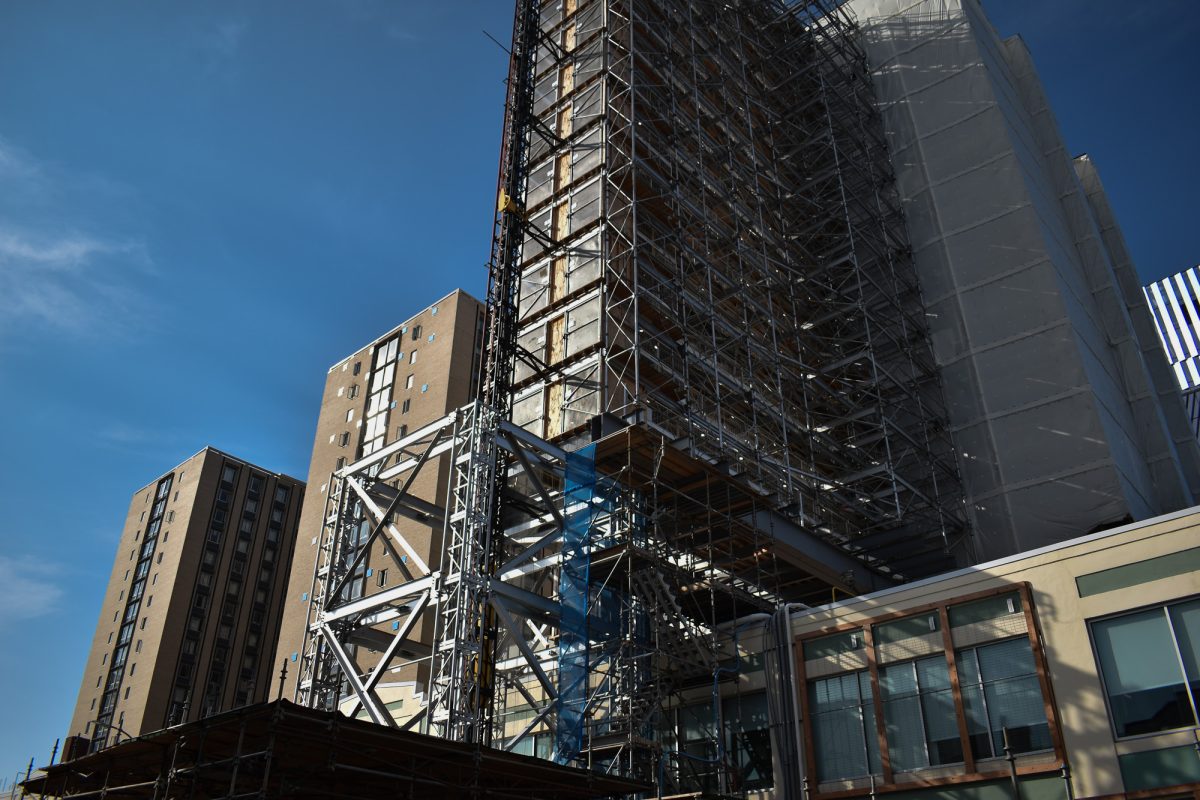
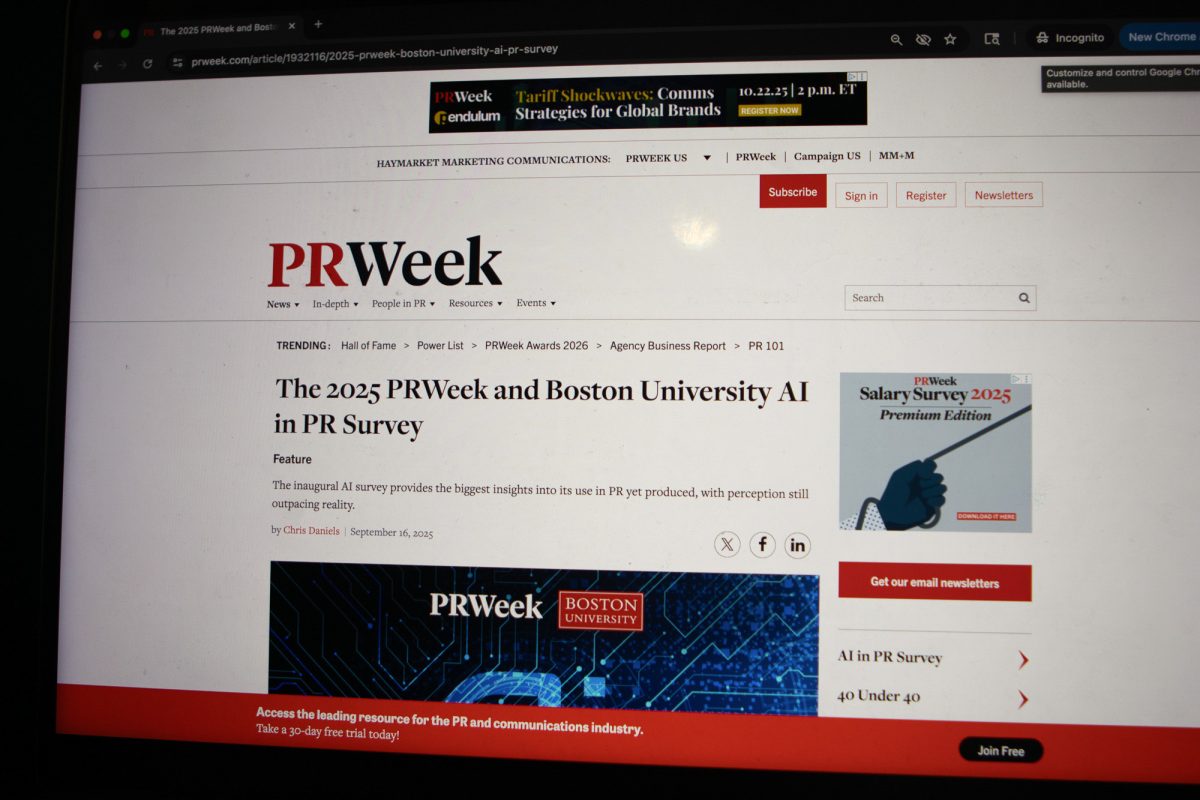
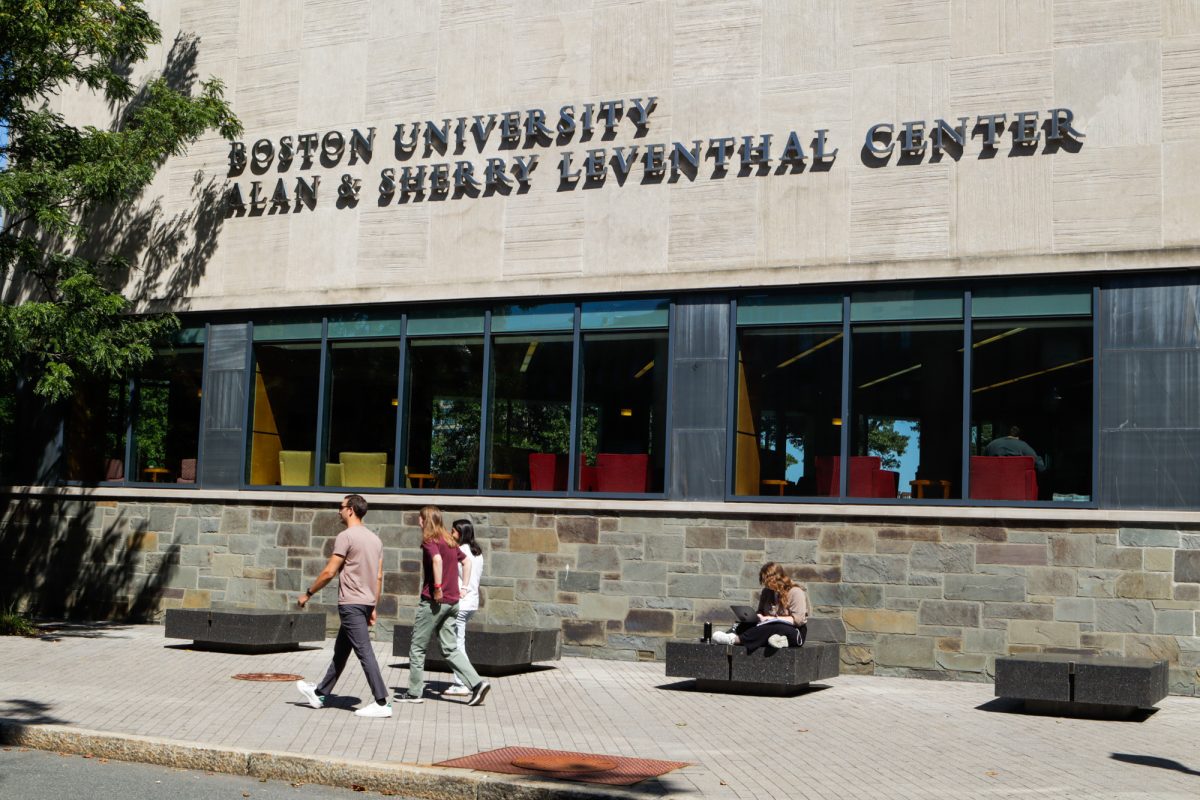
















































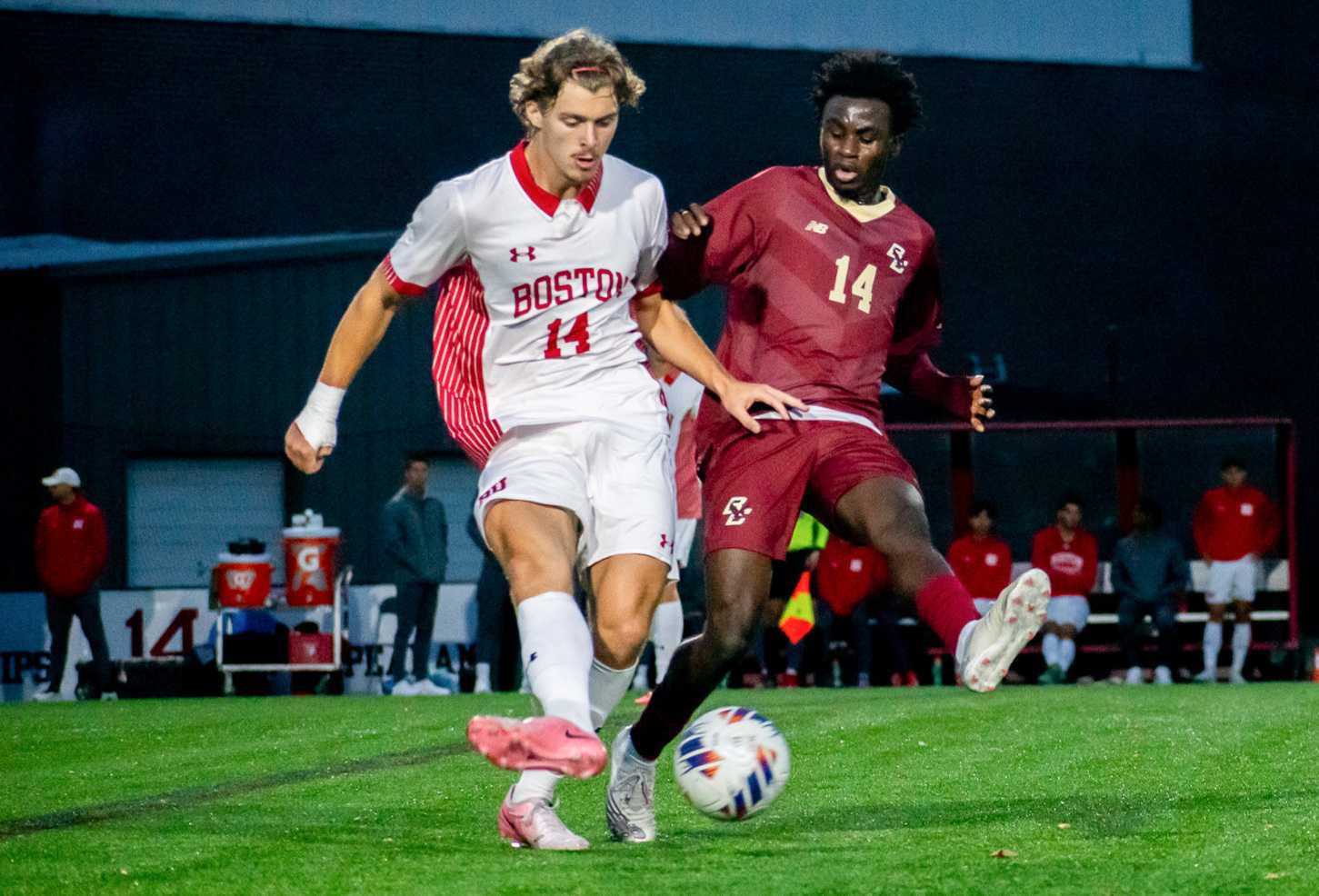

































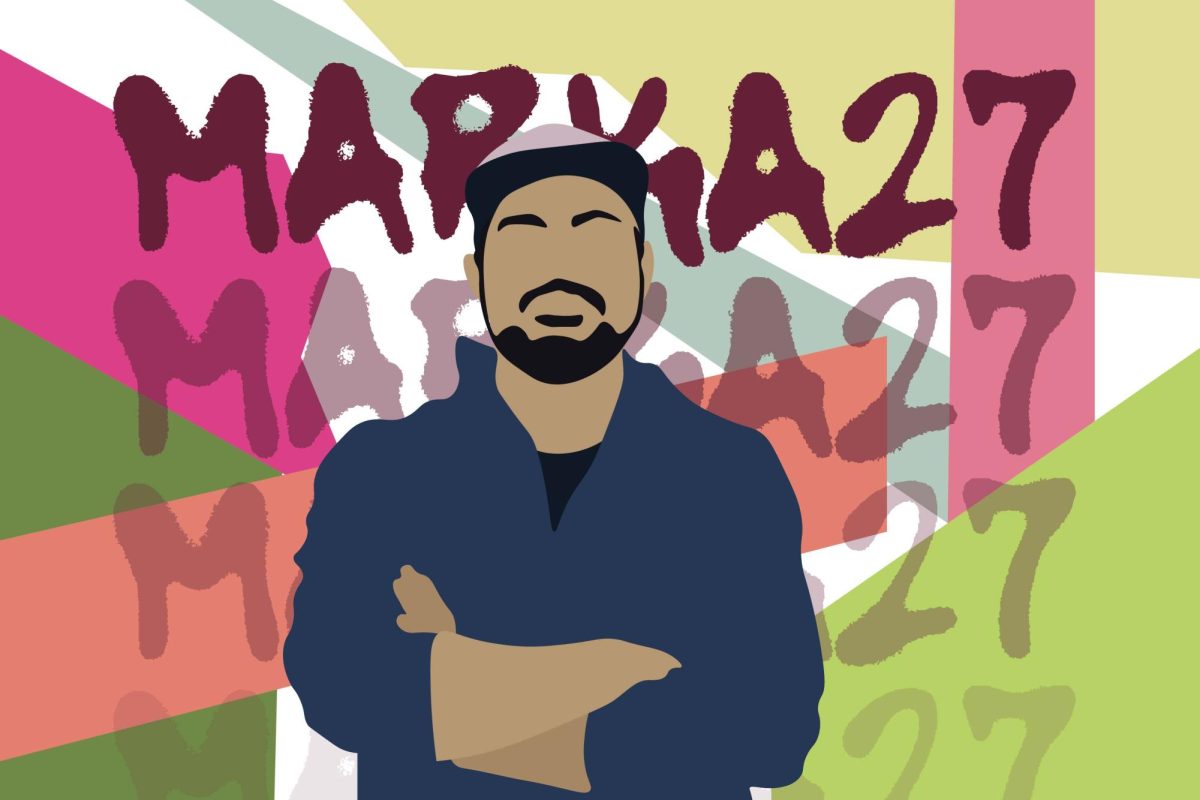
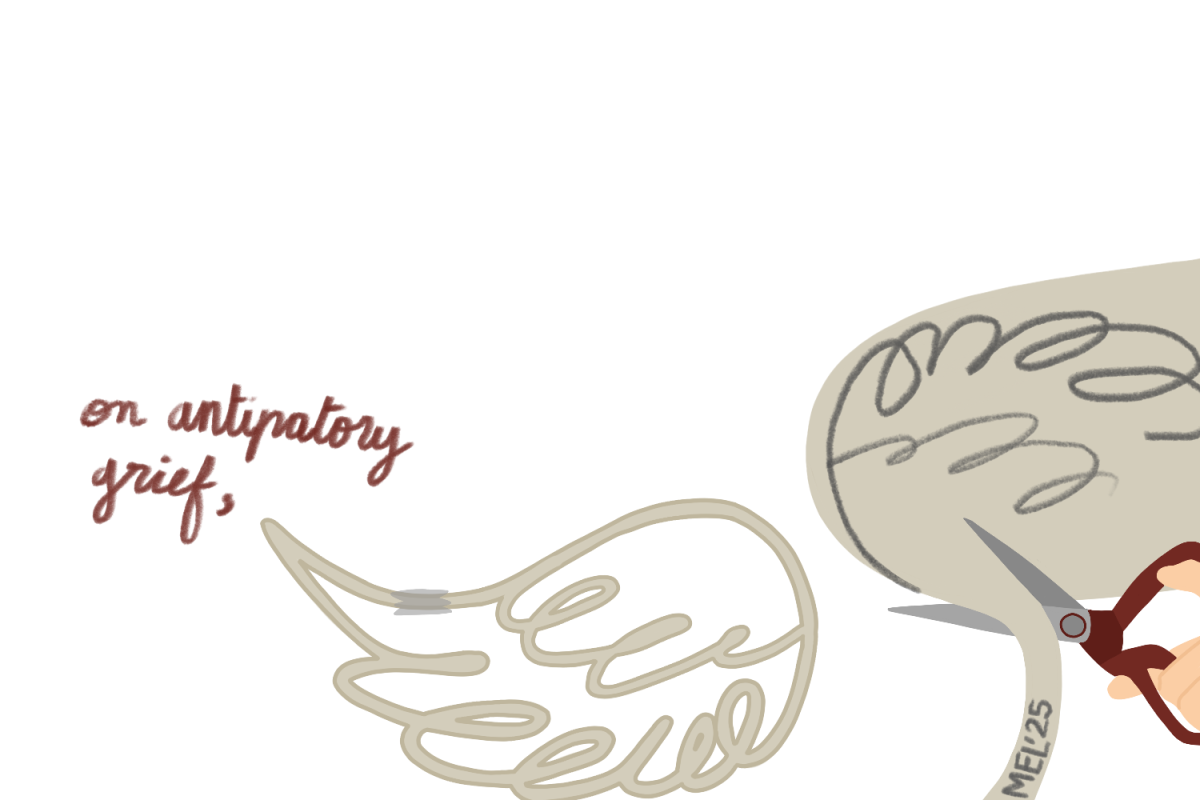



















person of interest • Aug 3, 2010 at 2:20 pm
who are the 9 professors working on it?